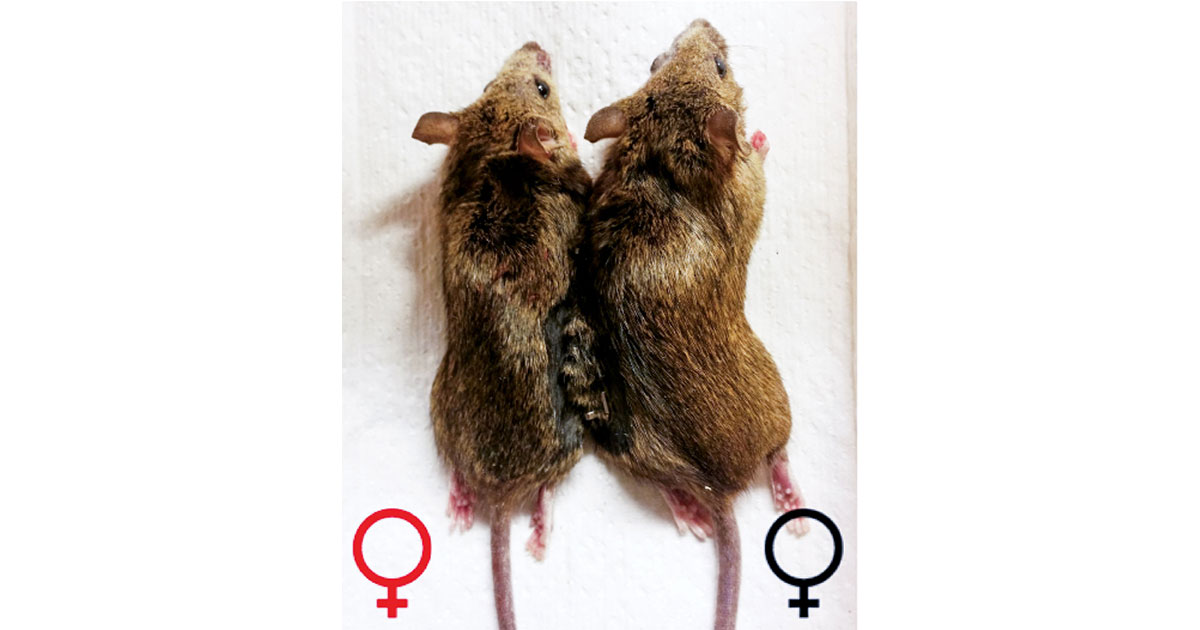Advertisement
Grab your lab coat. Let's get started
Welcome!
Welcome!
Create an account below to get 6 C&EN articles per month, receive newsletters and more - all free.
It seems this is your first time logging in online. Please enter the following information to continue.
As an ACS member you automatically get access to this site. All we need is few more details to create your reading experience.
Not you? Sign in with a different account.
Not you? Sign in with a different account.
ERROR 1
ERROR 1
ERROR 2
ERROR 2
ERROR 2
ERROR 2
ERROR 2
Password and Confirm password must match.
If you have an ACS member number, please enter it here so we can link this account to your membership. (optional)
ERROR 2
ACS values your privacy. By submitting your information, you are gaining access to C&EN and subscribing to our weekly newsletter. We use the information you provide to make your reading experience better, and we will never sell your data to third party members.
Biological Chemistry
Antidepressants Boost Neuron Growth Factor
March 12, 2007
| A version of this story appeared in
Volume 85, Issue 11
Drug or electroshock treatments for depression appear to work by encouraging formation of new neurons, but the mechanism of action has been unclear, until now. Yale University's Ronald S. Duman and Jennifer L. Warner-Schmidt have found evidence that these treatments work by increasing production of vascular endothelial growth factor (VEGF) in the brain (Proc. Natl. Acad. Sci. USA 2007, 104, 4647). The researchers determined that VEGF promotes formation of new neurons in rats dosed with antidepressant drugs or treated with electroshock therapy. The growth factor is best known for supporting the development of new cells that form blood vessels. Duman and Warner-Schmidt observed that treatments for depression increase the number of these cells in the brain as well. VEGF's dual role therefore may explain a long-suspected link between depression and heart disease. The findings could lead to the development of new antidepressant drugs that mimic VEGF.




Join the conversation
Contact the reporter
Submit a Letter to the Editor for publication
Engage with us on Twitter